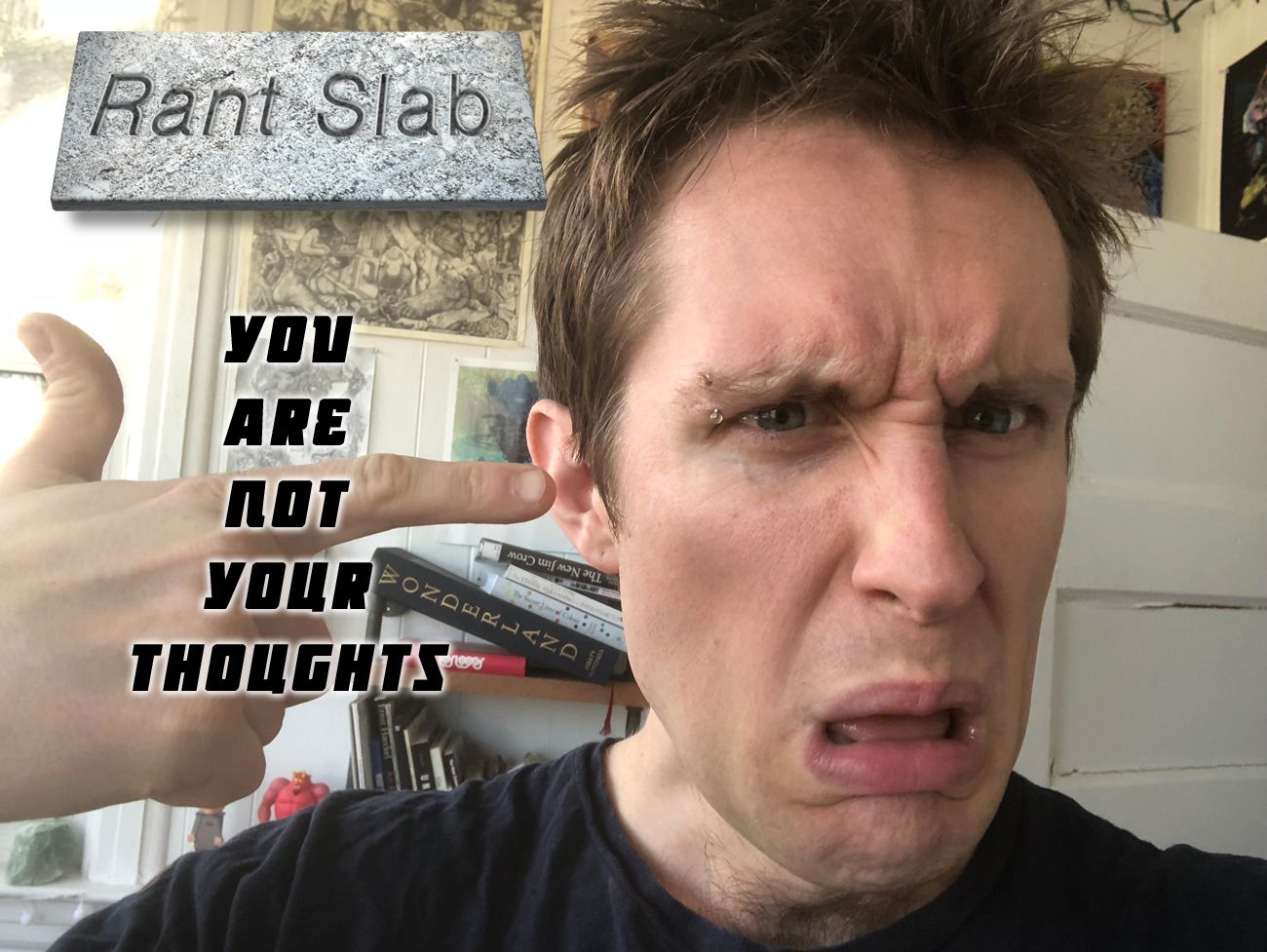
Depending on the content of your media diet, at some point, you’ve probably come across arguments for and against the concept of free will. Many of these arguments take a rational/scientific approach to supporting the position against free-will, which I generally find pretty compelling from an objective standpoint, but as a meditator, I think this can be experienced and integrated much better from a subjective standpoint.
Almost inevitably at some stage during your practice you will become aware of the arising and passing away of your thoughts, which is certainly a much different sensation than the default mode of constantly swimming in your own inner monologue. But when you do perhaps gain this vantage point, you’ll almost certainly perceive that you are not watching your thoughts from some “greater”, more “pure” or more “yourself” place, but are in fact totally unable to localize the point of observation at all. In essence, you realize that
you are not your thoughts. Despite this, your thoughts certainly effect you, as your cravings and aversions are the fuel for most (if not all) of your behaviour. But you do not generate them! This to me seems to be a fantastic subjective argument against free-will, but I think it has other much more practical implications.
Becoming better able to de-identify with my own thoughts has led me to feel like there is a kind of “buffer” between my emotions and my actions, which is indescribably useful in trying to navigate life skillfully. It prevents me from latching on to whatever emotion (helpful or unhelpful) arises in the moment, and instead lets me sit and observe that emotion, even if just for a millisecond, before really feeling it. This is not to say that I am anywhere near where I’d hope to be in regards to this type of practice, but I think it can be conceptually grasped by non-meditators as well.
So much of our problems can be caused by the desire to have our emotions “validated”, otherwise we feel that we are somehow “unworthy” or discredited as an overly emotional lunatic. But if we have to validate every single person's subjective emotions all the time, we are bound to run into a myriad of conflict, and be ultimately playing a cyclical losing game. Just loosening the grip on making what we feel such a huge part of our identity can have so many positive benefits.
This is not to say that emotions have no place in our lives at all, of course they do! They are responsible for pretty much everything positive we care about, but I think establishing a bit of a buffer between our actions and emotions, and not trying to define our “selves” in terms of the totally transient emotions we feel, can lead us all collectively towards a much more stable place.
.png)
Congratulations @ethorf! You have completed some achievement on Steemit and have been rewarded with new badge(s) :
Click on any badge to view your own Board of Honor on SteemitBoard.
To support your work, I also upvoted your post!
For more information about SteemitBoard, click here
If you no longer want to receive notifications, reply to this comment with the word
STOPDownvoting a post can decrease pending rewards and make it less visible. Common reasons:
Submit